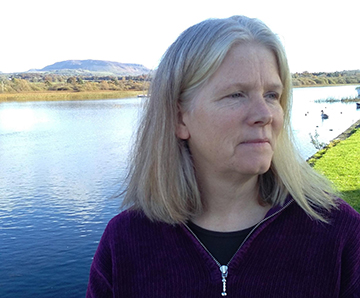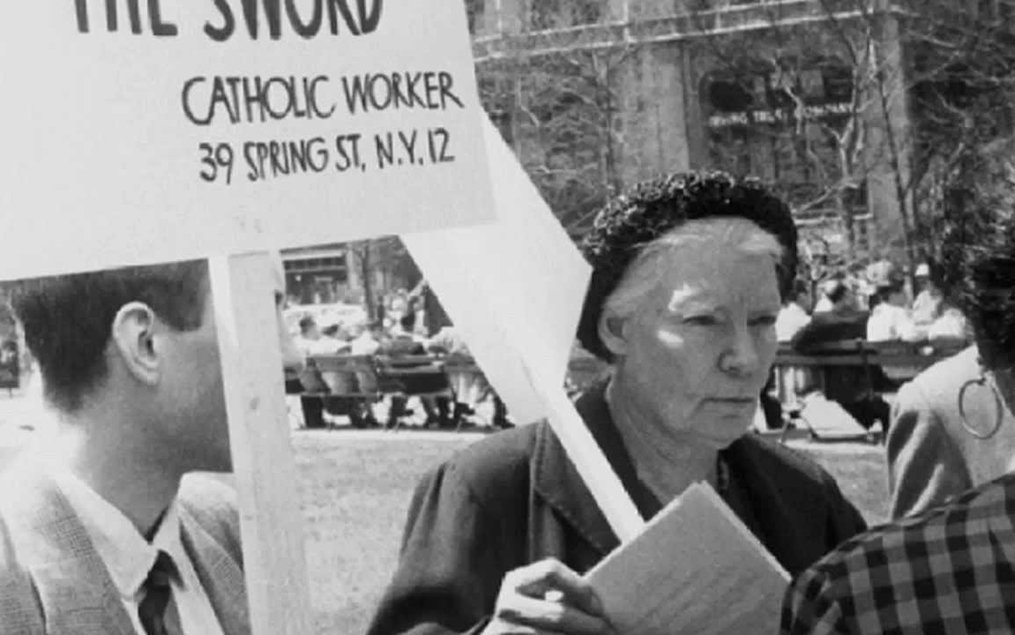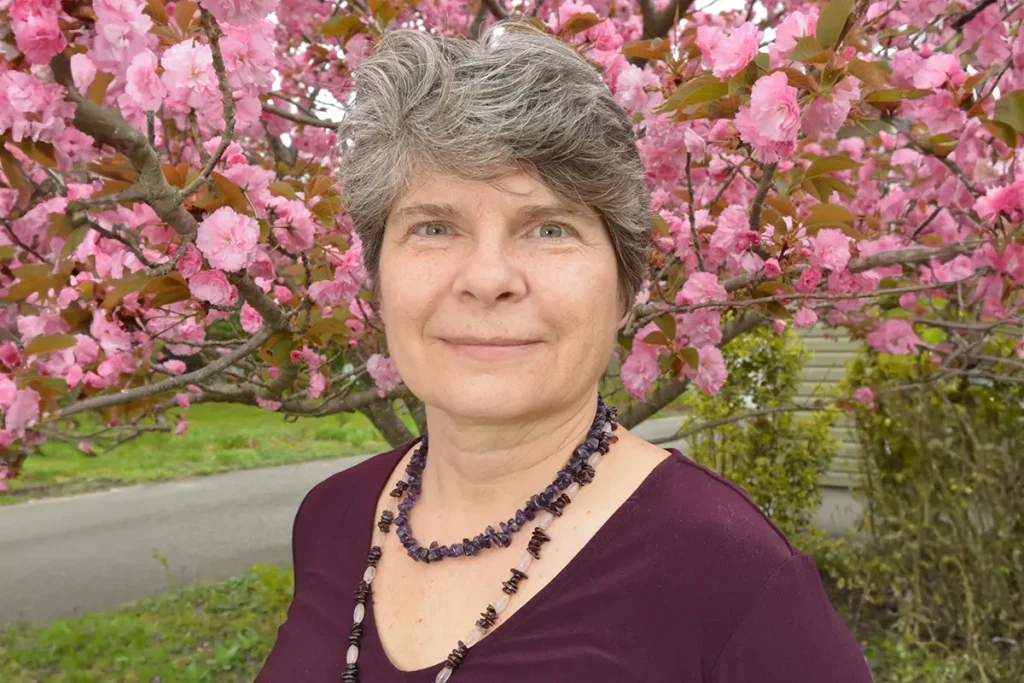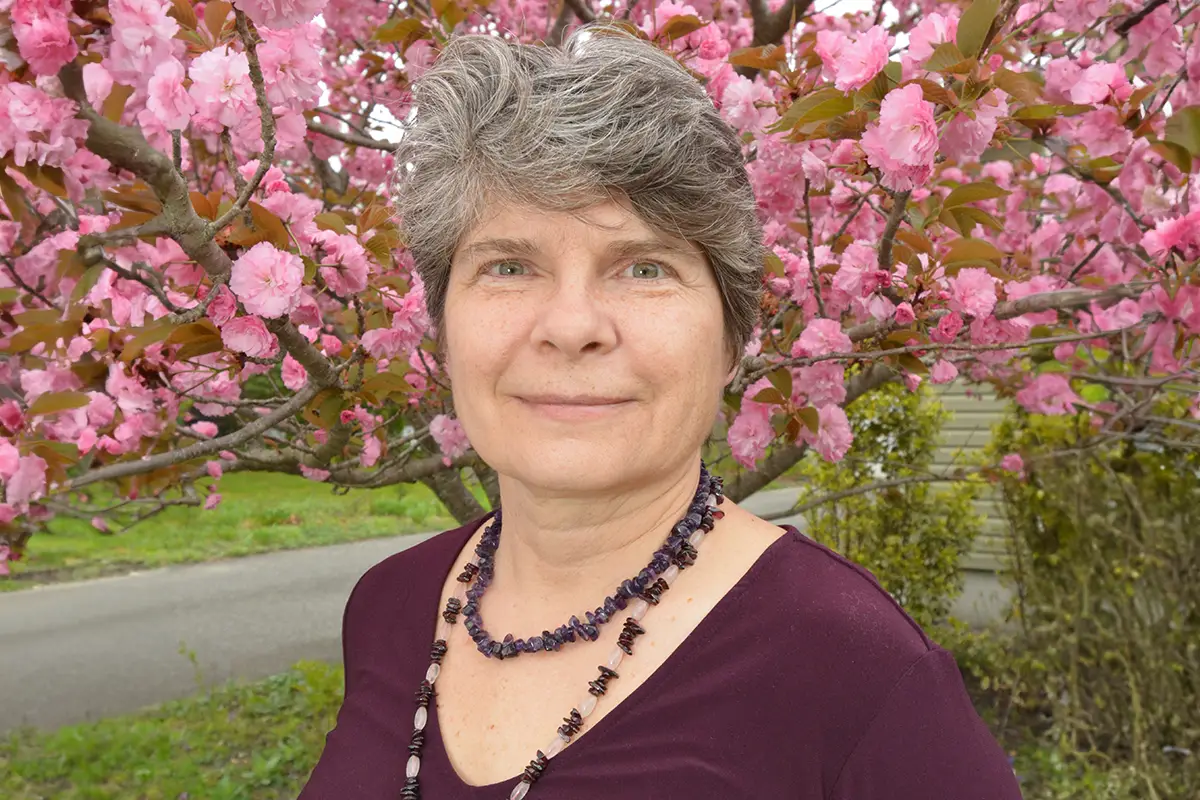Author Kate Hennessy to Discuss Latest Book on Controversial Social Activist Day

In his September 2015 address to the U.S. Congress, Pope Francis included American journalist, controversial social activist, and Catholic convert Dorothy Day (1897–1980) in a short list of exemplary Americans, together with Abraham Lincoln, Martin Luther King Jr., and Thomas Merton. On Tuesday, November 7, at 6:00 p.m. at Georgian Court University, Day’s granddaughter Kate Hennessy will discuss her new book, Dorothy Day: The World Will Be Saved by Beauty, providing an intimate portrait of a woman who fought for the poorest of the poor. The discussion, which is part of Critical Concerns 2017, will take place in the Little Theatre on GCU’s Lakewood campus and is free and open to the public. A book signing will follow in the Sister Mary Joseph Cunningham Library.
Kate Hennessy is a writer and the youngest of Dorothy Day’s nine grandchildren. Her work has been included in Best American Travel Writing, and she is the editor of Dorothy Day and the Catholic Worker: The Miracle of Our Continuance (2016), in collaboration with the photographer Vivian Cherry. In Dorothy Day: The World Will Be Saved by Beauty (2017), Ms. Hennessy provides a frank and reflective, heartfelt and humorous portrayal of her grandmother as it unfolds against a backdrop of New York City from the 1910s to the 1980s and world events spanning from World War I to Vietnam. While tenderly rendered, this account will show her as driven to do good but dogmatic, loving but judgmental, in particular with regards to her only daughter, Tamar.
Dorothy Day: An Unusual Candidate for Sainthood
In the 1930s, Day worked closely with fellow activist Peter Maurin to establish the Catholic Worker Movement, a pacifist movement that combines direct aid for the poor and homeless with nonviolent direct action on their behalf. She practiced civil disobedience, which led several arrests, including one in 1973 at the age of 75. Day was also an active journalist, and described her social activism in her writings. She co-founded the Catholic Worker newspaper in 1933 and served as its editor until her death in 1980.
Day wrote about her conversion to Catholicism in her 1952 autobiography, The Long Loneliness, and Pope Benedict XVI used her story as an example of how to “journey towards faith in . . . a secularized environment.” Despite her earlier bohemian lifestyle, the Church has opened the cause for Day’s possible canonization, which was accepted by the Holy See for investigation in 2000, allowing her to be called a “Servant of God.”














